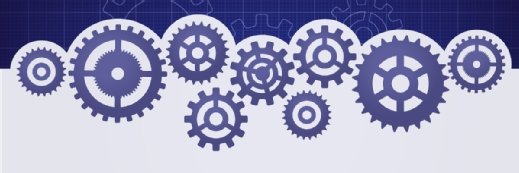
Getty Images/iStockphoto
ERP vs. accounting software: What are the differences?
A financial management system helps organizations efficiently record and report financial information. Discover how accounting software differs from ERP.
As a company grows, leaders might begin considering whether the organization should switch from accounting software to ERP software. Company leaders should learn about accounting software vs. ERP so they can decide which tech is the best fit for their organization.
An ERP system and accounting software share some similarities because both platforms carry out financial management and accounting processes. However, the key distinctions between ERP and accounting software lie in their scope and focus.
Learn more about ERP vs. accounting software.
What is accounting software?
Accounting software focuses on financial transactions, bookkeeping and accounting processes. It enables users to record, organize, analyze and report financial information.
Intuit, Xero and Sage are a few of the vendors that sell standalone accounting packages.
Common features in accounting software packages include the following:
- General ledger (GL). The GL serves as a repository for recording debits, credits and balances.
- Accounts payable (AP). Users track money owed to suppliers and vendors through AP.
- Accounts receivable (AR). AR tracks money that customers owe.
- Bank reconciliation. The bank reconciliation tool helps users calibrate bank statements and financial records by recording bank fees and identifying discrepancies.
- Financial reporting. Financial reporting capabilities generate cash flow statements and balance sheets.
- Expense tracking. Expense tracking helps simplify expense categorization, reimbursement processes and expense reporting.
- Tax management. Tax management tools help users calculate taxes and generate reports.
What is ERP?
An enterprise resource planning system is software that helps manage and automate core business processes across departments and business units. The software provides a centralized database and unified system that can help streamline operations, improve efficiency and enhance collaboration within an organization and between partners.
A few of the leading ERP vendors include SAP, Oracle and Microsoft.
Common features in ERP software include the following:
- Integration tools. These tools help connect critical processes across finance, accounting, HR, inventory management, supply chain management and other functions.
- Centralized database. A centralized database serves as a single source of truth for relevant business data to ensure accuracy.
- Reporting and analytics. Reporting and analytics capabilities enable users to generate reports and analyze KPIs to improve decision-making and planning.
- Supply chain management (SCM). SCM capabilities can help streamline the processes for procurement, inventory management, demand forecasting and logistics.
- Inventory management. Inventory management tracks inventory, predicts demand and automates replenishment.
- Customer relationship management. CRM capabilities help users manage interactions with customers and suppliers.
- HR. The HR module helps users track employees, facilitates scheduling and ensures compliance.
- Financial management. The financial management module includes standard accounting features, such as GL, AP, AR, budgeting and financial reporting.
The differences between ERP vs. accounting software
The key difference between these two systems is that an ERP system covers many aspects of company operations, while accounting software focuses solely on financial management. As a result, accounting software tends to be less expensive than ERP software.
However, both types of software support accounting and financial management and include GL, financial reporting, AP, AR, fixed asset management, tax management and financial controls.
However, ERP software enables users to carry out other key business processes, like inventory management, procurement, manufacturing and CRM. An ERP system also integrates various business processes across departments, including finance, inventory management, SCM, scheduling and HR. This integration can help manage workflows across department and business functions.
Since accounting software is specifically focused on financial management tasks, the limited scope of accounting software can potentially make the application easier to set up and easier to learn to use. Accounting software can also integrate with various bank and tax preparation tools.







